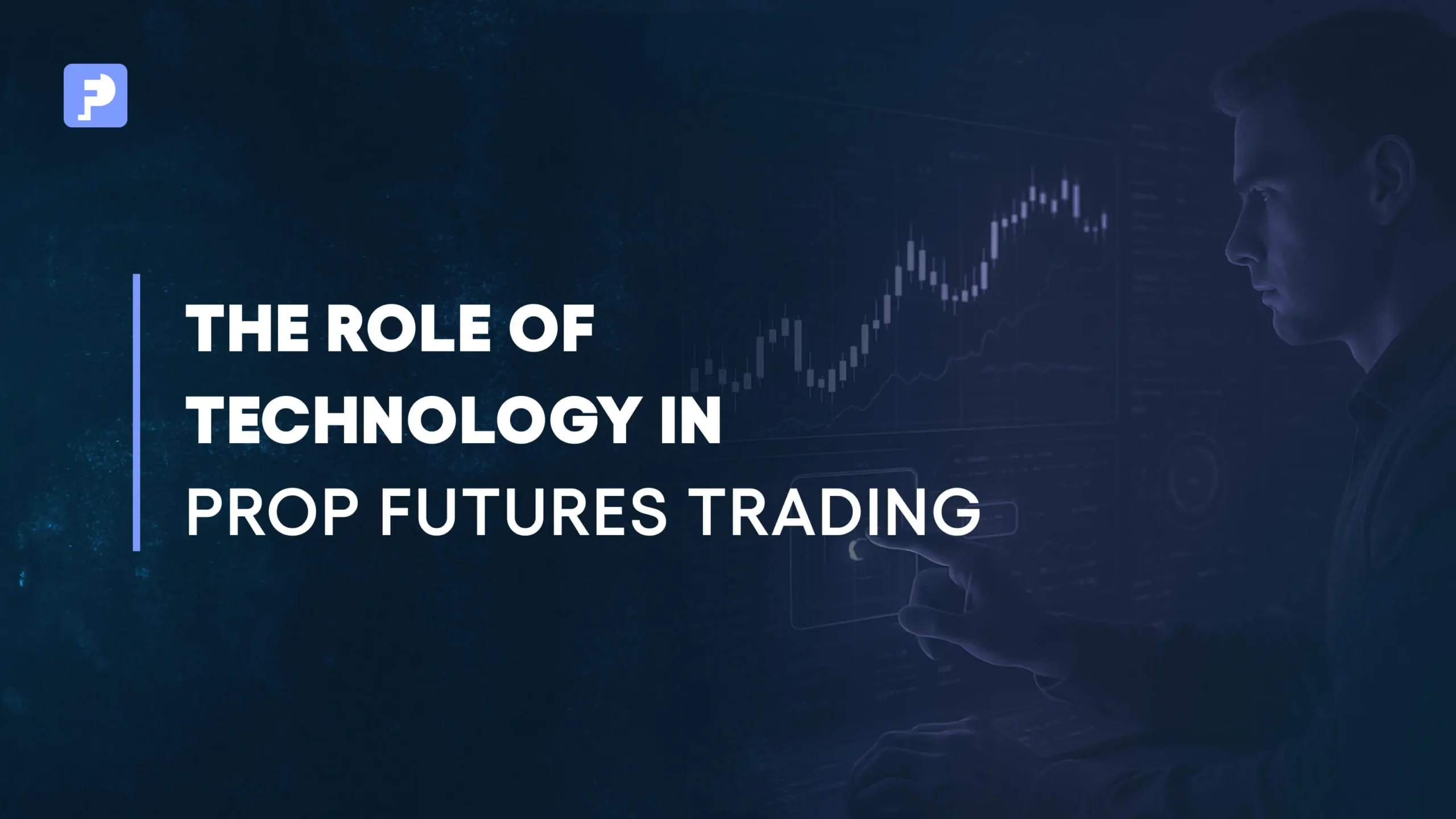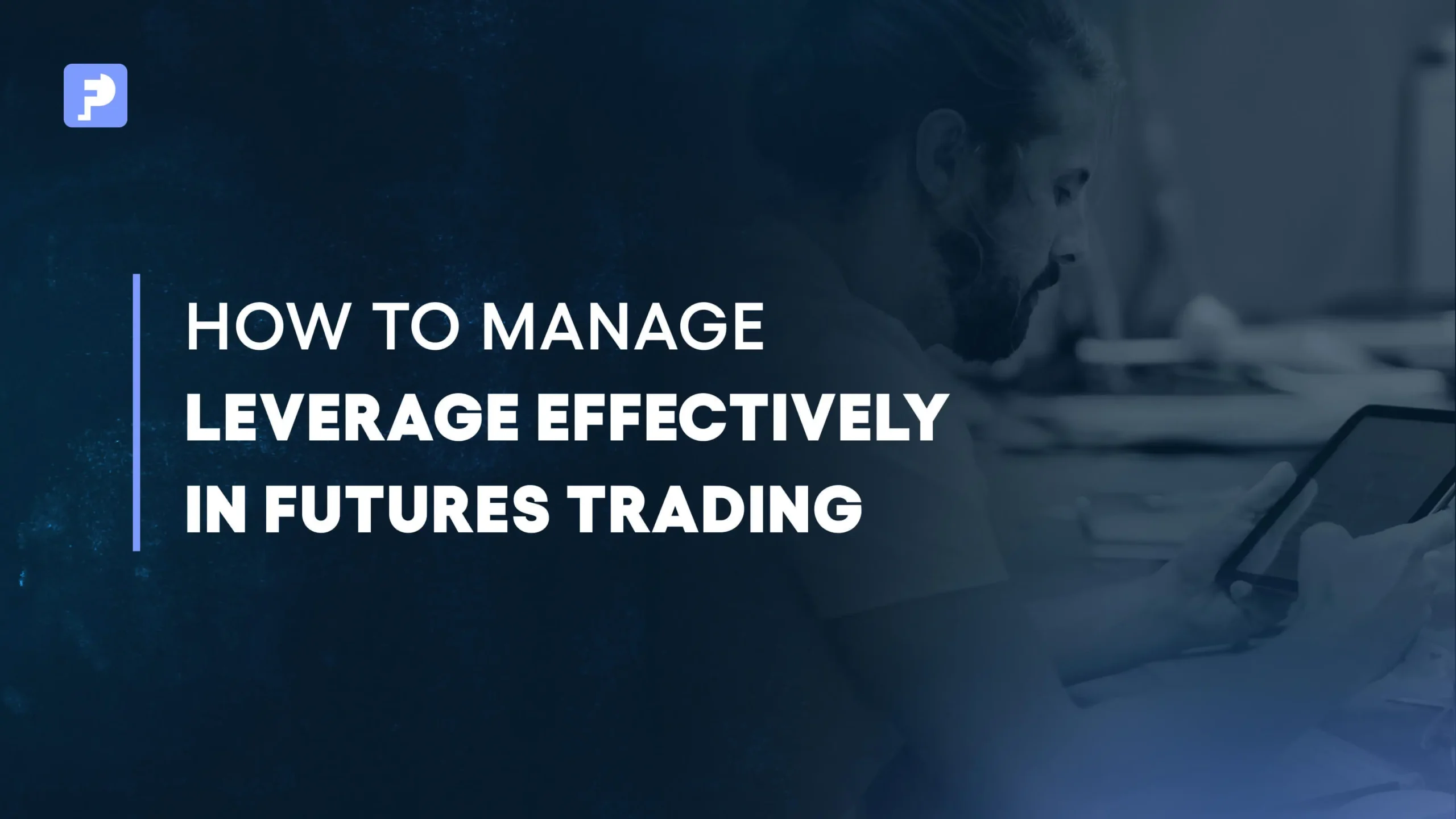
Why Futures Traders Are Choosing Proprietary Firms in 2025
Introduction
Futures trading has always attracted ambitious individuals looking for high-impact opportunities. In recent years, however, the landscape has evolved. More traders are shifting away from self-funded brokerage accounts and instead joining proprietary trading firms. The reason is simple: prop firms offer access to capital, risk control frameworks, and institutional-grade infrastructure that supports long-term success.
In this article, we’ll break down the core advantages of trading futures through a proprietary firm. Whether you’re a retail trader looking to scale or a professional seeking structure, this guide will show you why the prop model is becoming the go-to path for serious futures traders.
If you’re still comparing options, read our blog on Choosing the Right Prop Trading Firm for Futures Trading to understand what separates reputable firms from the rest.
1. Access to Capital Without Personal Risk
One of the most attractive benefits of prop trading is that it allows skilled traders to access significant capital without using their own funds. In the futures markets, where even one contract can represent tens of thousands of dollars in exposure, this matters.
With a funded account, you can trade meaningful size, generate performance-based rewards, and scale up without risking your personal savings. This model removes the emotional pressure that often leads to poor decisions when traders are operating with their own limited funds.
Key Benefit: Prop trading lets you think and trade like a professional from day one, even if you do not have institutional capital of your own.
2. Structured Risk Management
Futures markets are fast and unforgiving. Without structure, even a good trader can get wiped out after one misstep. Prop firms help solve this by providing clear rules around drawdowns, margin use, and exposure.
At FunderPro Futures, for example, traders are protected by trailing drawdown limits and daily risk caps, ensuring you never overextend your account. These frameworks not only reduce the likelihood of major losses, but they also teach traders how to manage capital with consistency.
Risk control is not a restriction; it’s a growth accelerator.
3. Performance-Based Rewards and Scaling
In a typical retail setup, your income is capped by the amount of money you can risk. In the prop model, however, your profits grow with your performance. Most firms offer monthly rewards based on a share of your net gains, often reaching 70 to 90 percent for top performers.
Beyond that, successful traders can often scale into larger accounts. At FunderPro, traders who demonstrate consistent performance can grow their funded accounts up to $200,000 and beyond.
This performance-driven system is designed to reward skill, not just bankroll size.
Related Reading: Common Mistakes Traders Make in Funded Futures Accounts
4. Professional Trading Environment
Proprietary firms provide an environment that mirrors professional desks. Instead of trading solo, you’re surrounded by data, rules, and tools designed to help you succeed.
Many firms, including FunderPro, operate with real market execution and live price feeds. This removes the artificial conditions of demo platforms and prepares traders for live volatility.
Features such as economic calendars, performance dashboards, journaling tools, and coaching support add further depth to your development. Trading becomes more structured, repeatable, and reviewable.
5. Reduced Psychological Pressure
When you no longer fear losing your own money, your mental performance improves. Prop firms shift the psychological dynamics of trading by removing personal financial stress. The focus becomes discipline and execution rather than survival.
This mindset shift is crucial. Traders start treating each trade as a performance task rather than a financial gamble. Over time, this leads to fewer emotional decisions, more consistent risk-taking, and stronger long-term results.
6. Educational Resources and Strategy Support
Many proprietary trading firms provide more than just capital; they offer education, analytics, and feedback. Whether through one-on-one sessions, webinars, or real-time evaluations, traders benefit from structured support.
This is particularly valuable for futures traders, who must navigate complex instruments, time-sensitive data, and high-leverage conditions. Being part of a firm that invests in your growth increases your chances of long-term success.
Some leading prop firms also provide integrations with performance tracking software such as Tradervue, Edgewonk, or Myfxbook (for FX), allowing traders to analyze their strengths and weaknesses in detail.
7. Global Access and Remote Flexibility
With the rise of regulated, digital-first prop firms, traders no longer need to live in financial hubs to access capital. If you have skill, discipline, and a reliable connection, you can now trade for a global prop desk from your home in Nigeria, the Philippines, Brazil, or South Africa.
This accessibility has opened the door for thousands of new futures traders, especially in regions where traditional capital access was difficult.
A notable industry report from the CME Group showed a significant increase in retail participation in futures markets from emerging economies in the past three years, thanks in part to prop firms that provide capital and structured training.
8. Clear Career Progression
Prop trading offers more than just a trading opportunity—it offers a pathway to a professional trading career. Traders who prove themselves at a reputable firm can use their track record to:
- Access larger accounts
- Join hedge funds or asset managers
- Build credibility in financial communities
- Launch their own trading businesses
Firms like FunderPro aim to fund traders, not just for one challenge, but for the long haul. That career development focus sets the model apart from speculative or one-off opportunities.
Final Thoughts: Futures Traders Need More Than Just a Broker
The futures market is not for amateurs. It demands precision, structure, and psychological resilience. While retail brokerage accounts offer access, they rarely offer support. Proprietary firms, by contrast, are designed to give skilled traders everything they need to thrive—capital, structure, rules, feedback, and a path forward.
If you’re serious about trading futures and want to operate at a professional level without risking your own money upfront, the prop firm route is worth serious consideration.



